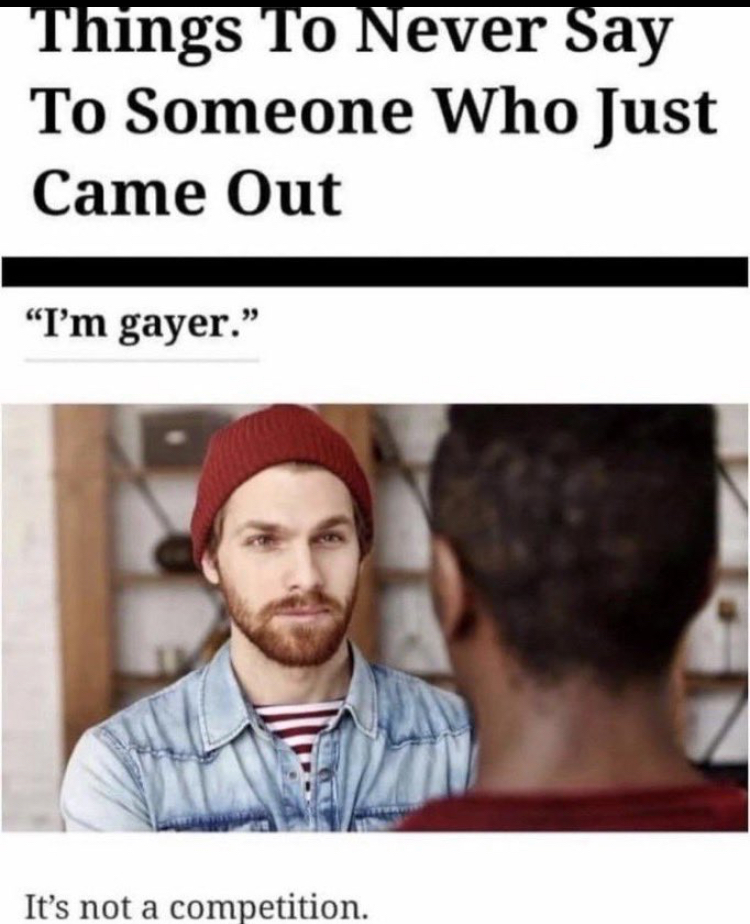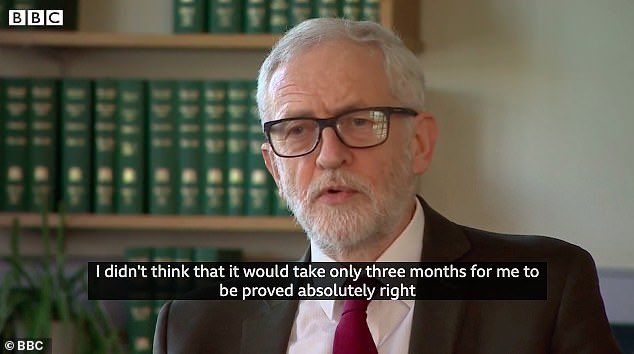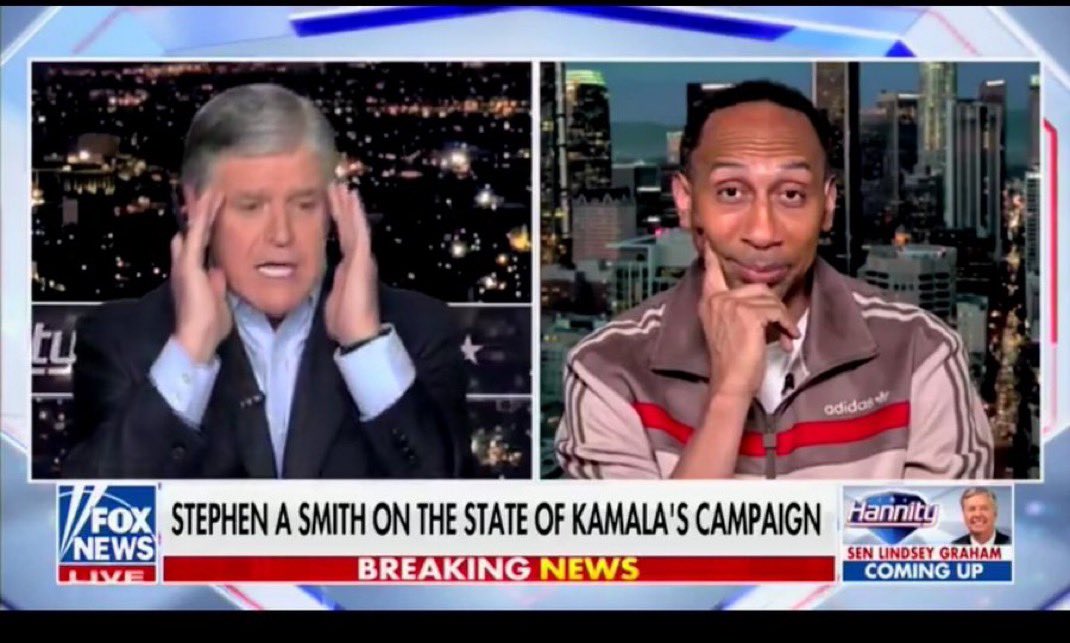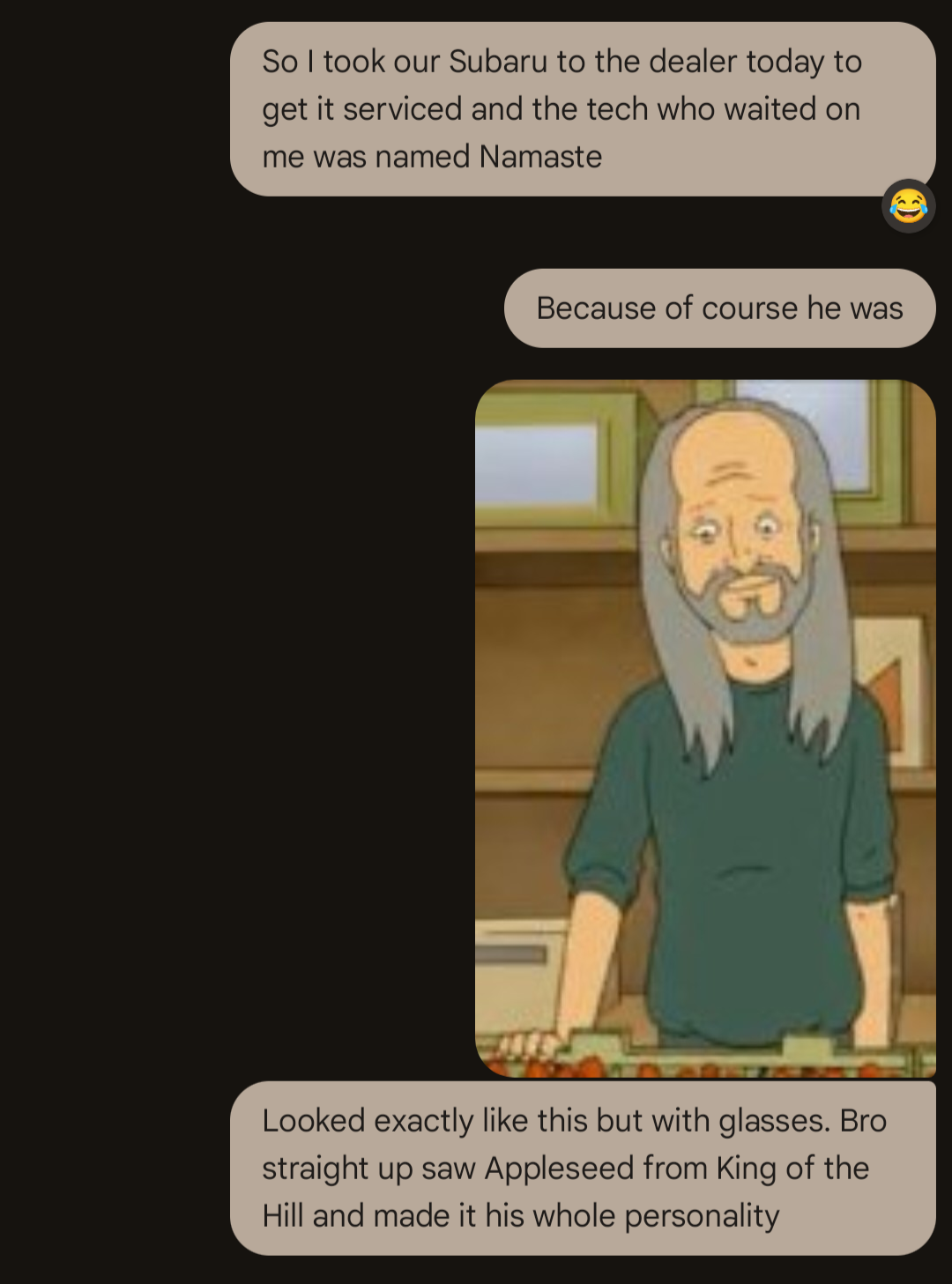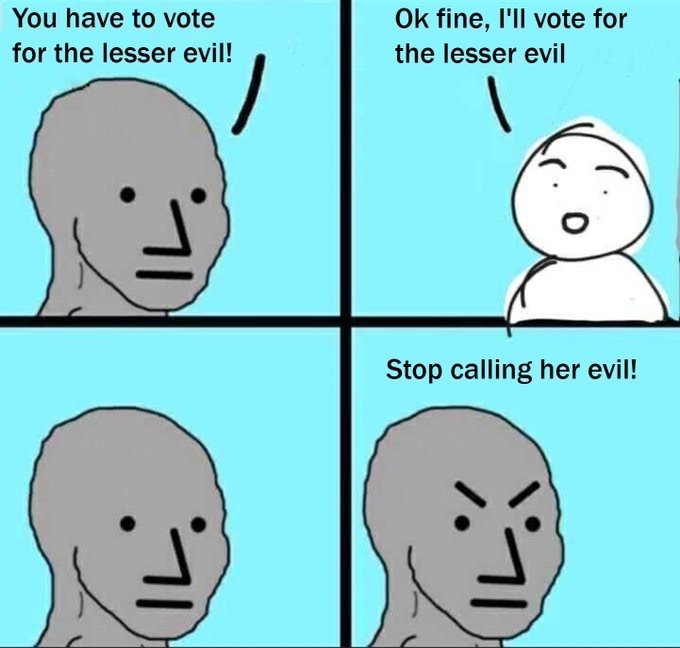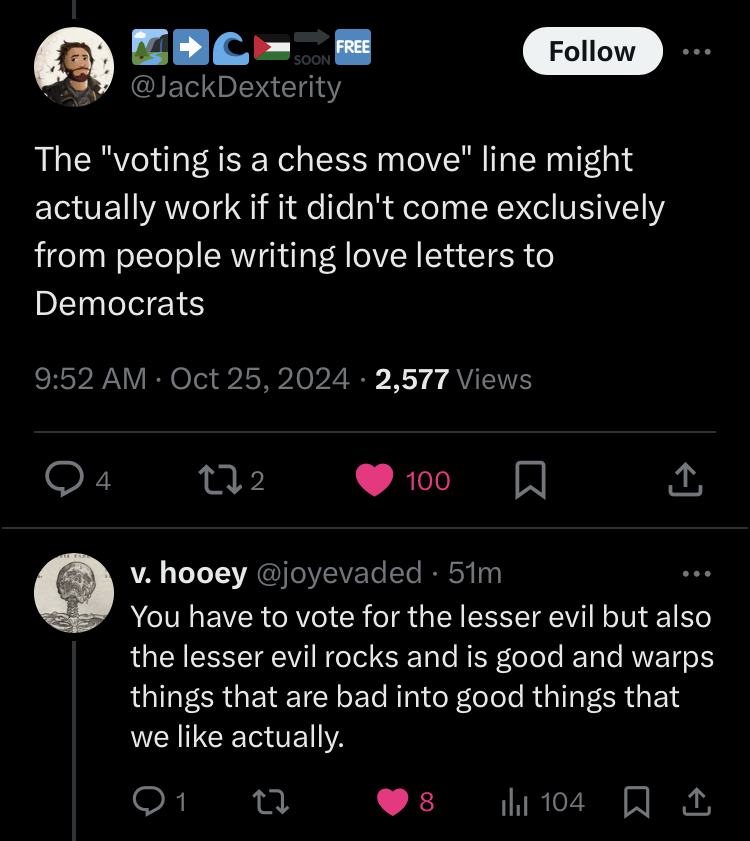A complete^[I think?  ] guide to Lemmy's supported markdown formatting.
] guide to Lemmy's supported markdown formatting.
Heading 1 # Heading 1
Heading 2 ## Heading 2
Heading 3 ### Heading 3
Heading 4 #### Heading 4
Heading 5 ##### Heading 5
Heading 6 ###### Heading 6
Bold text using **Bold text** or __Bold text__
Italic text using *Italic text* or _Italic text_
Bold and italic text using ***Bold and italic text***
~~Strikethrough text~~ using ~~Strikethrough text~~^[whoops  ]
]
This is a blockquote using
> This is a blockquote
Nested blockquote using
>> Nested blockquote
- Unordered list item using
- Unordered list item - Another item using
- Another item
- Ordered list item using
1. Ordered list item - Another ordered item using
2. Another ordered item
Inline code using `Inline code`
Unspecified code block:
#include <stdio.h>
int main() {
int x = 10;
if (x > 5) {
printf("This is a test!\n");
}
return 0;
}
// **Wow! How neat!**
Using ``` \n code \n ```
C code block:
#include <stdio.h>
int main() {
int x = 10;
if (x > 5) {
printf("This is a test!\n");
}
return 0;
}
// **Wow! How neat!**
Using ```c \n code \n ```
Same, but designated as markdown code block:
#include <stdio.h>
int main() {
int x = 10;
if (x > 5) {
printf("This is a test!\n");
}
return 0;
}
// **Wow! How neat!**
Using ```markdown \n code \n ```
This is a link using [This is a link](https://hexbear.net/c/main)
This is an image: 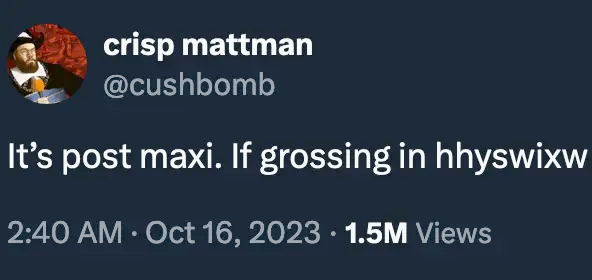

This is an emote:  using
using 
Quotations after second part of links/images are alt-text, which appear when moused over and help w/rt screen readers.
Footnote reference[^3][^3]
[^3]: Footnote definition using [^3]: Footnote definition
Inline footnote^[citation needed]^[ with Adam Johnson and Nima Shirazi]
with Adam Johnson and Nima Shirazi]
| This | is |
|---|---|
| how | to |
| make | tables |
| This | is |
|-|---|
| how | to
| make | tables |
~Sub~script using ~Sub~script
^Super^script using ^Super^script
{text|ruby} using {text|ruby}
spoiler
This is hidden content using
Horizontal rule using ---, ***, or ___:
Two spaces and a newline \n
to single-space your text
Otherwise
it looks like:
Otherwise it looks like
If you know anything else that works, let me know and I'll add it. Asked too many times to not try and compile a reference for people, and I sometimes forget myself so it's nice to have the reference. Here are the footnotes, by the way!
hello footnotes!  ^[hello!
^[hello!  ]
]










 and that's why we have a whole dedicated comm for that. Any post that's obviously meant to be "hey look at this piece of shit, let's laugh at how bad their opinions are, upbears to the left and emojis in chat" belongs in
and that's why we have a whole dedicated comm for that. Any post that's obviously meant to be "hey look at this piece of shit, let's laugh at how bad their opinions are, upbears to the left and emojis in chat" belongs in 



